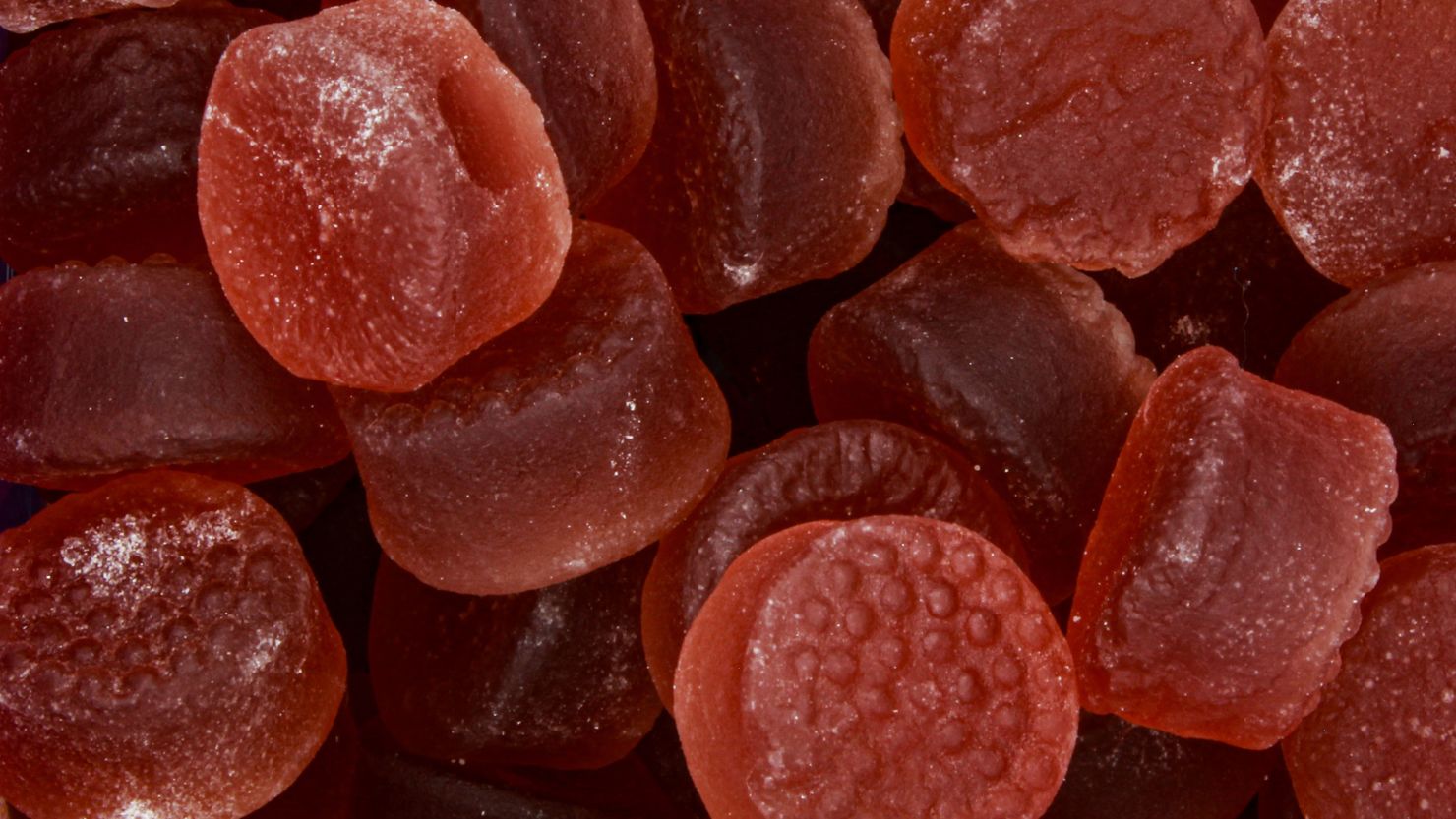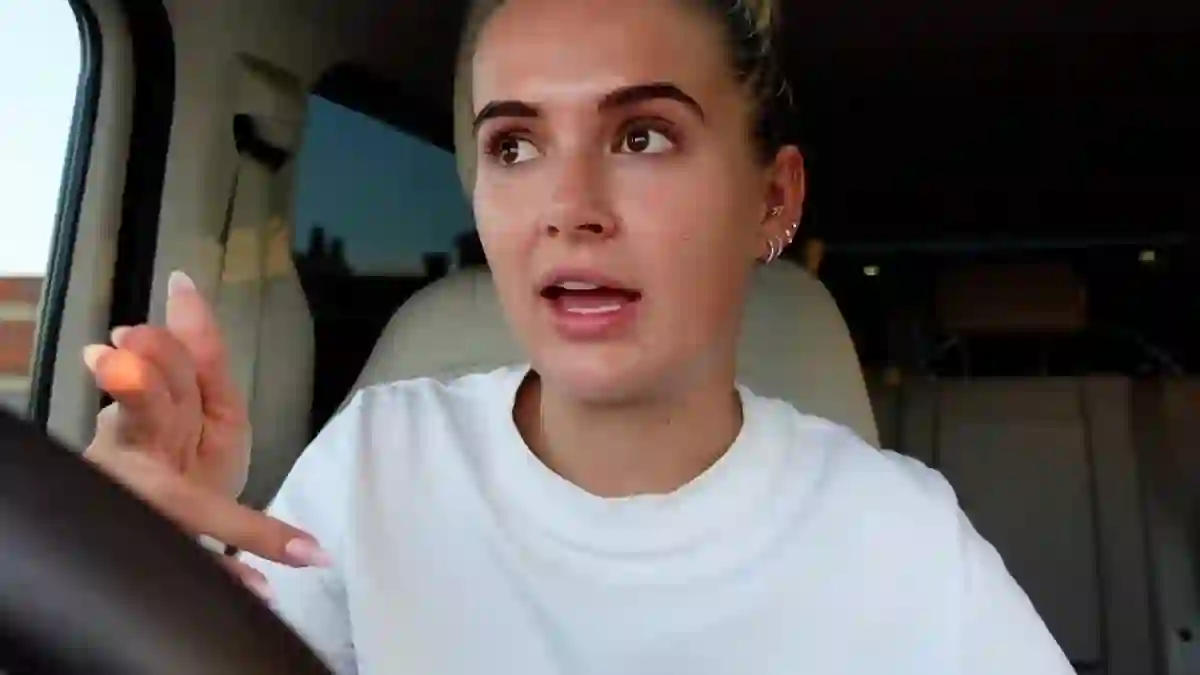A routine treat for kids has sparked serious concern after health authorities discovered it may contain an undisclosed prescription-strength sleep aid.
Parents are being warned to check their pantries after UK regulators flagged a popular children’s gummy for safety reasons.
Hidden Melatonin in Kids’ Gummies
The Medicines and Healthcare Products Regulatory Agency (MHRA) has issued an urgent recall for Kids Magnesium Glycinate Gummies, made by Surrey-based Nutrition Ignition.
Lab tests revealed the raspberry-flavored gummies contained melatonin, a hormone that helps regulate sleep, even though it was not listed on the label.
In the UK, melatonin can only be prescribed by a doctor for sleep issues.
Its unregulated use in children has previously caused hospitalizations due to overdoses, and in rare cases, has been linked to infant deaths.
How Much Melatonin Was Found?
The MHRA tested two batches of the gummies and discovered that each piece contained between 1.5 and 1.7mg of melatonin.
This has prompted a recall of all batches, with officials advising parents to safely dispose of any remaining gummies.
Dr Alison Cave, Chief Safety Officer at the MHRA, stressed:
“We advise any parent or caregiver to stop use of this product immediately.
Side effects like headache, hyperactivity, dizziness, and stomach pain have been reported in children taking melatonin, even when prescribed.”
She added that anyone noticing symptoms should contact a healthcare professional and report it to the MHRA Yellow Card scheme, which tracks side effects from medicines and supplements.
Melatonin Use and Risks
Melatonin is legally available by prescription for children over six and adults suffering from sleep disorders such as insomnia.
However, in countries like the US, China, and parts of Europe, melatonin gummies are sold without a prescription.
The UK has seen a rise in informal use, especially among parents of neurodivergent children seeking sleep solutions.
Studies from the US report a 500% increase in melatonin overdoses among children over the last decade, prompting sleep experts to warn that demand has “gotten out of hand.”
Rare but Serious Cases
Melatonin has also been linked to tragic incidents.
A 2019 study reported two infant deaths—one nine months old and one 13 months old—where high blood melatonin levels were detected.
Other factors, like unsafe sleeping environments, may have contributed, but the cases highlight the potential dangers of unregulated exposure.
Animal studies suggest melatonin is only toxic at extremely high doses exceeding 400mg, far above what is typically found in supplements, yet experts remain cautious due to unknown long-term effects in children.
What Parents Should Do Now
If you have Kids Magnesium Glycinate Gummies at home, do not give them to your child. Dispose of the product safely and monitor your child for any unusual symptoms.
Any concerns should be reported to healthcare professionals and the MHRA.
This incident serves as a reminder that not all wellness supplements marketed for children are risk-free—even products that seem harmless like fruity gummies can carry hidden dangers.



